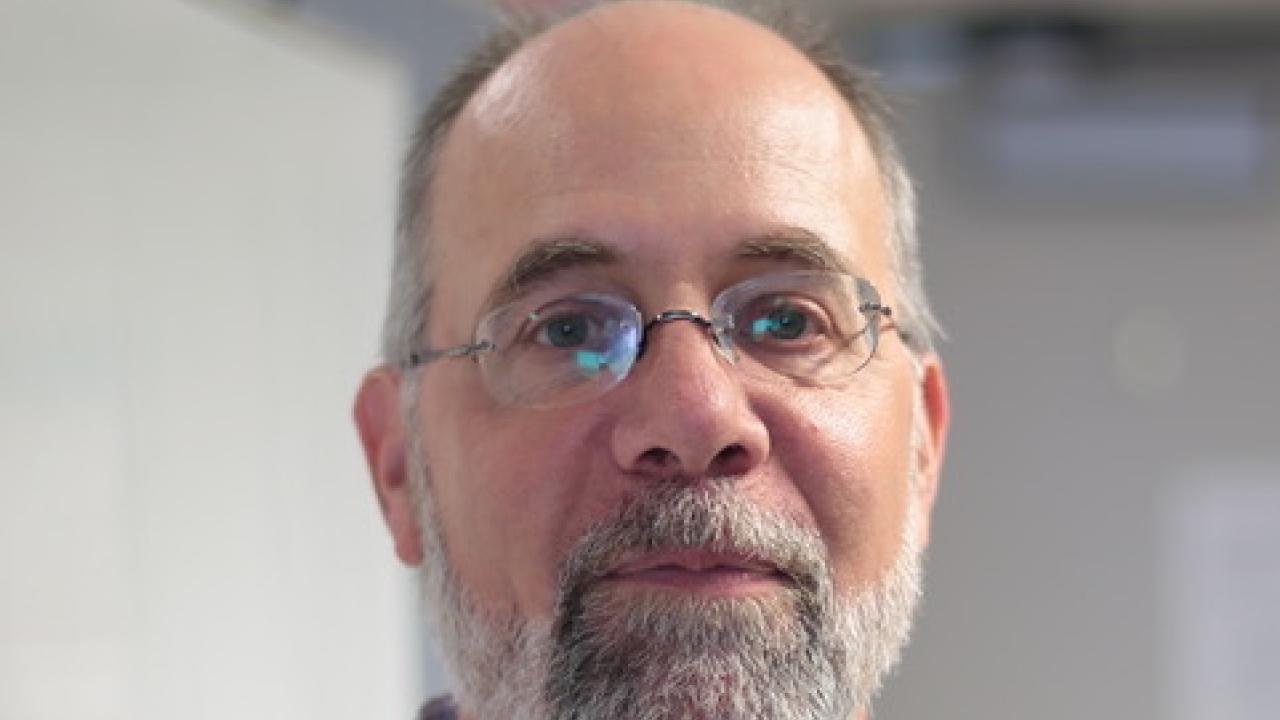
Event Date
Andrew Fuglevand, PhD
Professor of Physiology and Neuroscience, College of Medicine
University of Arizona
ABSTRACT
Functional electrical stimulation (FES) involves artificial activation of muscles with surface or implanted electrodes to reinstate motor function in paralyzed individuals. Despite its promise as a rehabilitative technology, FES has not gained widespread use. This is mainly due to three main shortcomings of FES: 1) the range of motor behaviors that can be produced is limited, 2) muscle contractions evoked by FES are weak, and 3) muscle fatigues rapidly in response to FES. In this talk, I will describe various approaches that we have taken in an attempt to overcome these shortcomings and thereby expand the use of FES to restore movements in individuals with spinal cord injury or stroke.
BIO
Andrew Fuglevand is professor of Physiology and Neuroscience in the College of Medicine at the University of Arizona. His undergraduate degree was from Montana State University and he did a masters degree at the University of Washington. He carried out his doctoral studies at the University of Waterloo (Canada) and received post-doctoral training at the University of Arizona and at the John B. Pierce Laboratory (Yale University). He joined the faculty of the Department of Physiology in 1996. His research, supported by grants from the National Institutes of Health, uses experimental and modeling approaches to understand how the mammalian nervous system controls skeletal muscles to produce coordinated movements. He was the 2006 recipient of the Delsys Prize for innovation in electromyography. He has served as a permanent member of a National Institutes of Health study section, and as associate editor of the Journal of Neurophysiology, Neuroscience Letters, Comprehensive Physiology, and Neuroprosthetics Section - Frontiers in Neuroscience.
Faculty host: Carolynn Patten, PhD, Professor, Department of Physical Medicine & Rehabilitation
